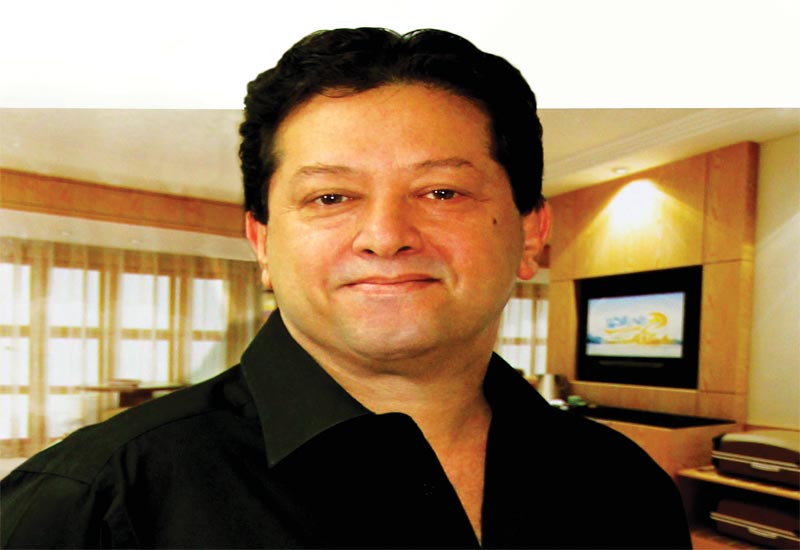11 Shuja Zaidi
general manager, makkah hilton and towers, and vice president projects, hilton worldwide, KSA
Shuja Zaidi stumbled into the hospitality industry by “complete accident”, he says. He trained initially as a commercial airline pilot in the US, but when he finished his course, the industry was “going through hell”.
He decided to take up a marketing degree and work in a small hotel while he studied. “Before I even graduated I got into management roles and I just continued on,” he explains.

| Advertisement |
He joined Hilton almost 20 years ago and has worked in places from Houston and Guam in the US, to Northern China, where “the temperature used to shoot from minus 40 to positive 50”.
It is no wonder he says his greatest achievement was when Hilton moved him from that position to its hotel in Mecca. At the time, it was integrating an extra 800 rooms to its existing 600. “My job was to turn the property around and get lots of people trained — it’s a huge property, but I was able to successfully do that.”
“When I joined eight years ago it was just coming round to getting a big travel and tourism industry, and then it really started to flourish,” Zaidi explains. The religious tourism market especially rocketed, and being the first branded deluxe hotel in Mecca was the key to Hilton’s continuing success there.
Zaidi believes that this will help them with “the biggest project in the world right now in terms of hospitality” — Jabal Omar, in Mecca, where Hilton is to open six of the 26 branded hotels planned for the development.
As well as work going ahead on Jabal Omar, this year will see a property open in Riyadh. Everything is going according to plan, he says, but the main challenge he is going to face is Saudisation. “The government of Saudi Arabia keenly wants the youngsters of their country to get into this industry, as it is such an important one, so that’s where we will see our main challenge.”
However, he says that he has a “million dollar approach”. He is developing and managing existing local staff at the upper-end, and “once the younger Saudis see this, they instantly get the message that this is something they can do and they want to achieve that someday”.
Article continues on next page ...









 Search our database of more than 2,700 industry companies
Search our database of more than 2,700 industry companies










Jun 10, 2012 , Ireland
An interesting overview of the top hoteliers to watch. Who would be the most innovative hoteliers to watch in 2012?